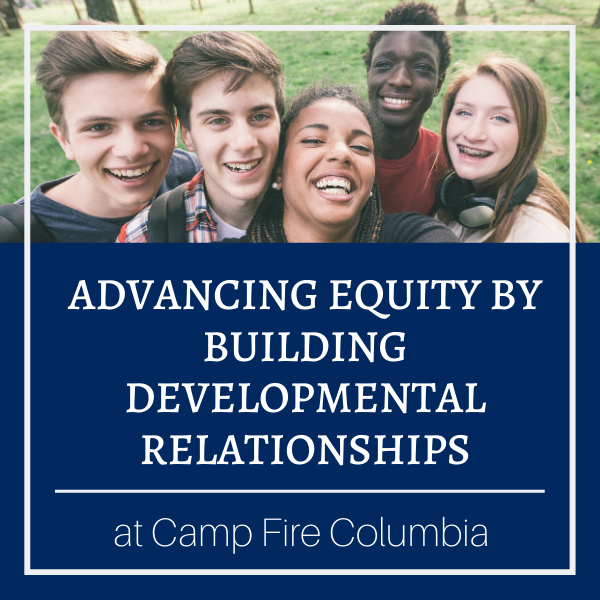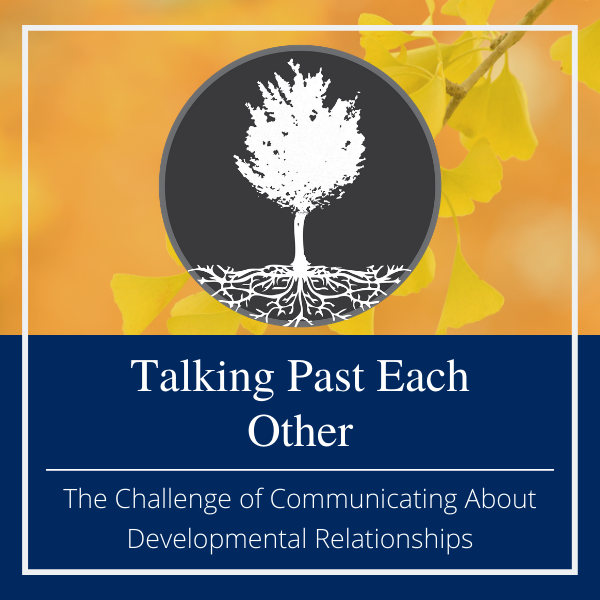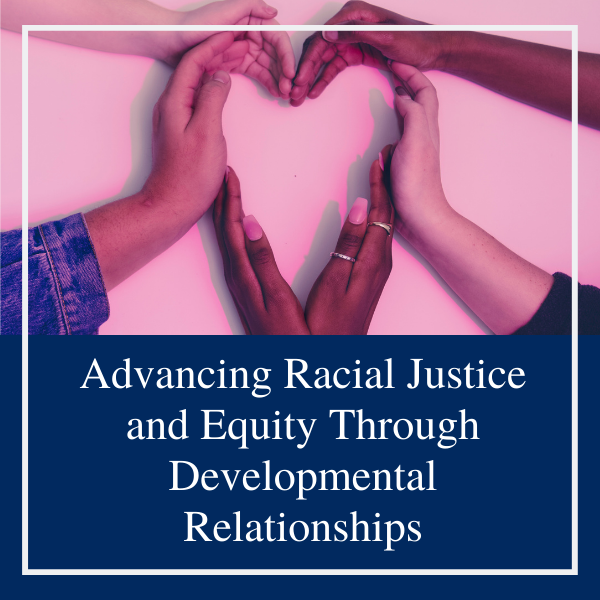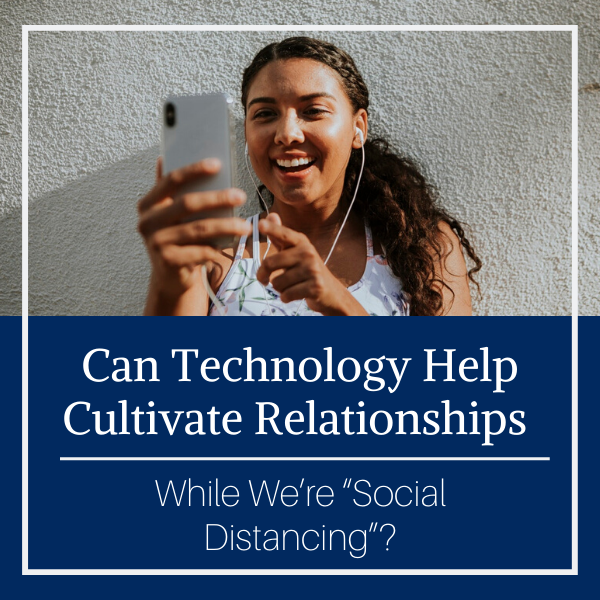Blog
Advancing Equity by Building Developmental Relationships at Camp Fire Columbia
By Jenna Sethi, Search Institute Research Scientist
How can developmental relationships advance racial and socioeconomic equity among young people? That is a critical question for the 2020s in a society burdened by deep and growing inequities. The gaps that reinforce historical marginalization and discrimination are experienced far too often by our young people across the nation and around the world. At Search Institute we are committed to ensuring that our developmental relationships research advances equity for young people.
Camp Fire Columbia in Portland, Oregon, which is part of Search Institute’s Relationships for Outcomes (ROI) partnership (see box below), is deeply committed to advancing equity with the youth they serve. Given this commitment, I asked Elizabeth Guzman Arroyo, Director of Teen Programs, and Gina Leonardi, Middle School Coordinator, to reflect on what they have learned about developmental relationships, equity, and sharing power with youth over the past two years through their work in ROI. Here’s what they said.
How do developmental relationships connect with equity?
Equity ensures that, as people, we all have the resources we individually need to achieve success. When the developmental relationships framework is used with intentionality, we make room to broaden our world lens and recognize that multiple realities can simultaneously exist. This means that we are taking the time to genuinely build connections and learn about one another. When we take this approach with the youth we serve and the peers we work alongside, we are better able to implement the five elements of developmental relationships.
Much like equity, developmental relationships require an individualized approach in order to be effective for all. Because we all have had different life experiences, one student’s experience of expanding possibilities can feel and look drastically different from another’s. As such, if done intentionally by serving historically marginalized communities, developmental relationships take both an intersectional approach and encompass the breadth and depth of our diverse identities and experiences. This depth also includes a trauma-informed care lens. For folks with marginalized identities we experience chronic ongoing trauma from encountering countless oppressive systems, so having peers, mentors, and supervisors who knowingly or unknowingly take a trauma-informed care approach certainly aids in advancing equity.
“Two of the principles that we operate from are: ‘Believe that our students are capable and able,’ and ‘We do what we ask our students to do.’ So we see ourselves as part of the community, not as gatekeepers.”
What difference do you see in your students as a result of your focus on developmental relationships?
As a result of being intentional in building developmental relationships with our youth, we have seen increases in school attendance, grade improvements, students moving off the academic priorities list, families feeling more connected with the school, and our youth building a stronger peer community. Ultimately, much like equity, developmental relationships focus beyond intentionality on impact as the indicator of its effectiveness. We are beginning to see in our own youth what Search Institute research has shown: that the more developmental relationships young people experience, the more likely they are to do better now and in the future.
Is there some aspect of the Developmental Relationship Framework that has been particularly important for advancing equity in your work?
At the heart of advancing equity through developmental relationships is the element of “sharing power” in the framework. Two of the principles that we operate from are: “Believe that our students are capable and able,” and, “We do what we ask our students to do.” So we see ourselves as part of the community, not as gatekeepers. As a program, we encourage our students to lead lessons, select field trips and guest speakers, and make structural design decisions – from small to big.
When we share power with youth, they feel seen, valued, and included. As such, there is a greater degree of buy-in to the program because they’ve personally made decisions or taken action in its design and implementation. Sharing power can be a little daunting at first, historically it simply isn’t how our society has operated. We’ve all been indoctrinated into a society that concentrates power within a few individuals, so a communal approach is revolutionary.
Program specialists share power in big and small ways with students in every part of our program. For example, during one-on-one mentoring sessions, a 7th-grade participant had trouble staying focused on talking about classes and goal setting and instead wanted to chat about their friends and classmates for the whole session. Their mentor worked with the student to develop the “80/20 rule” for their mentoring sessions. Each session, the student could spend 20% of the time talking about topics they wanted to and the mentor would do nothing but listen and stay engaged. After 20% of their time together passed, they transitioned to talking about goal setting, classwork, and the student’s other needs.
Rather than dismiss the student’s desire to chat about friends as inappropriate or a bad use of time, this Camp Fire program mentor recognized the student’s need in those moments. They shared power to find a solution that valued the student’s needs and included them in a decision about how they spent their time.
What advice would you have for others who want to be address equity through developmental relationships?
Our advice to other organizations working to advance equity and share power with youth is to build trust through small steps that lead to big decisions. Gina shared this personal story to illustrate:
When I started making an intentional effort to share power, my first steps were to include students in every small decision I made by giving options – what music should we listen to? Do you want to meet inside or outside? Should we do homework or free time first? Once these conversations were the norm, it felt more comfortable to step back and allow students to drive the program knowing that expectations are set, and the buy-in is there.
Frequently asking students for their ideas about projects, field trips, and programs set up the platform for sharing ideas and information back and forth, and let students know that their ideas are valued and included, because this is their program.
 Camp Fire is one of five organizations that is part of Search Institute’s Relationships for Outcomes Initiative (ROI) partnership, which focuses on co-creating and testing innovative ways to strengthen developmental relationships that young people in marginalized communities experience. Each partner includes a local “design site” as well as a broader—usually national—network.
Camp Fire is one of five organizations that is part of Search Institute’s Relationships for Outcomes Initiative (ROI) partnership, which focuses on co-creating and testing innovative ways to strengthen developmental relationships that young people in marginalized communities experience. Each partner includes a local “design site” as well as a broader—usually national—network.




